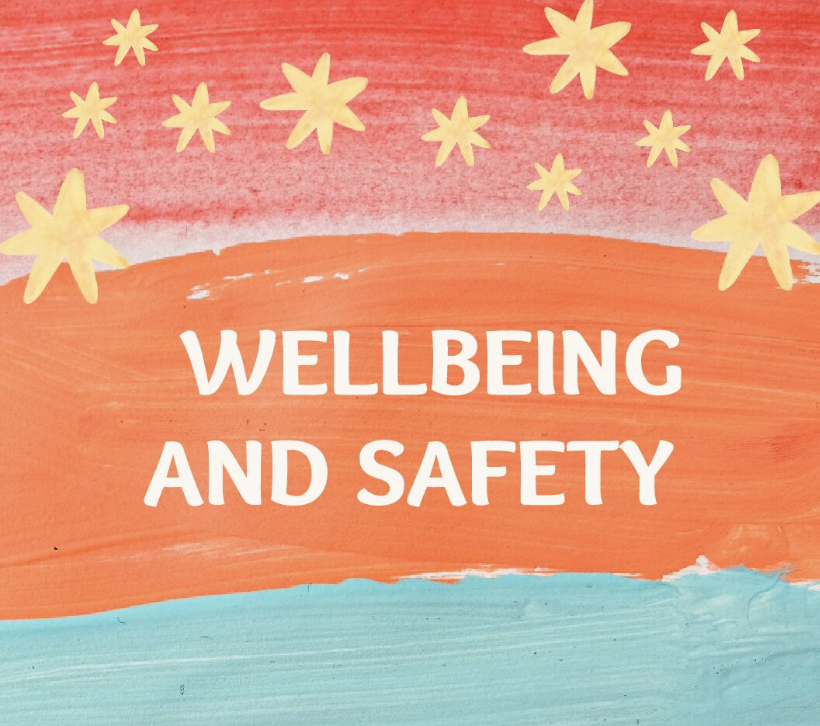
Who is it for?
Researchers, practitioners, managers, families
Overview:
We had two co-production groups – one adult and one child- to discuss and decide what questions were OK to ask women and children to track recovery and how well they were supported by services.
We met over several weeks and discussed things like safety and well-being, resilience and relationships.
We talked about what that was to us, what we felt it was ok to ask women and children.
We assessed other measures like validated measures produced by psychologists, we didn’t think any of them were fit for purpose but we got some ideas.
We recommended that the research team didn’t use these validated official measures as we didn’t think they were much use to us.
We were delighted they used our own questions and views, though they had to reduce them from lots and lots of ideas because we felt there shouldn’t be too many questions.
Key strengths:
These measures are what makes sense to us and would help us
They were used and made sense to women and children receiving different services
We were really proud of making our own measures
We felt listened to and validated
Key challenges:
Why use measures? Only if it helps us and we can track our own recovery and get more help that we need.
Some funders and researchers want ‘validated’ measures
Because of Covid these weren’t used as much as we wanted in the research project
